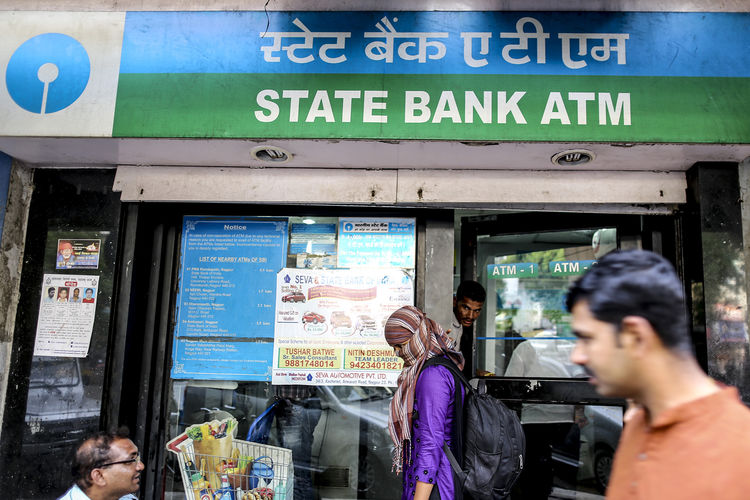
The government is considering a proposal to increase the cap on foreign institutional investment in public sector banks to 49 per cent from 20 per cent.
The move comes at a time public sector banks need equity capital while their stocks have taken a hammering after reporting huge losses in the third quarter due to a sharp rise in non-performing assets, banking industry sources said.
According to present regulations, a single non-banking institution cannot hold more than 10 per cent in a bank while one bank can hold maximum 5 per cent stake in another bank. These stipulations, however, may continue.
The public sector banks will need to raise tier-I capital as their capital positions have depleted due to higher provisioning for bad loans. While the government has commited Rs.70,000 crore capital infusion in four years (starting from this financial year) that amount may be inadequate, several rating agencies had pointed out.
Earlier, the government had estimated an amount of Rs.2.8 crore as capital infusion for the public sector banks by 2018.
Public sector banks are constraint to raise equity capital from the markets as most of them are trading at a significant discount to their book value. For example, price to book value of State Bank of India is 0.68, while that is Canara Bank’s is 0.23, and Bank of India’s 0.17.
“Valuations of public sector banks are subdued. Increase in FII cap will certainly attract portfolio investment if the cap is raised,” said a senior banker from a public sector bank.
Profitability of public sector will come under pressure in the Jan-March quarter bad loans will further rise.
Most public sector banks reported weak earnings in Q3 after Reserve Bank of India (RBI), found in its asset quality review (AQR) that certain accounts needs higher provisioning and asked the lenders to classify those accounts as non-performing and gave the lenders two quarters – Q3 & Q4 – to complete the task. Most banks have classified 50 per cent of the RBI identified accounts in Q3 and remaining will be identified in Q4, which will result in further rise in NPAs.
Apart from provisioning for bad loans, public sector banks will also require capital to comply with the Basel-III norms.
The one of the biggest hurdle to increase the foreign shareholding cap in public sector banks was Reserve Bank of India, which was not in favour of higher limit due to concerns over stability. “If the government finally increase the cap, then this will mean the central bank has changed its mind,” said a banker.